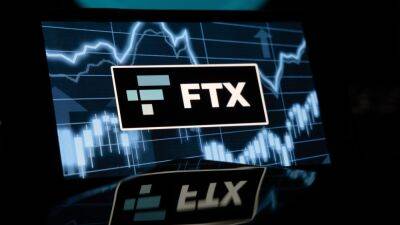What is decentralized storage, and how does it work?
Businesses face several problems when storing data on-premises. There are steep technical and cost issues in scaling infrastructure up and down, and maintaining storage area networks is a challenge. One also has to deal with complex problems in data compatibility and security.
These challenges have led to the emergence of a cloud storage model that delivers scalability, agility, security, cost savings and simplicity. Fortune Business Insights expects the global cloud storage market to grow from $83.41 billion in 2022 to $376.37 billion by 2029.
Cloud storage enables users to save data at an off-site location through the public internet or dedicated private network connection. Conventionally, cloud storage solutions, such as Dropbox, Sync and Google Drive, use centralized cloud providers such as Amazon Web Services and Azure to store their data. Dropbox is a cloud-based file storage and collaboration platform that enables users to store, access and share files from anywhere, on any device.
With Sync, users can easily share files with others and collaborate on projects, even in real-time. The solution also provides advanced security features, such as end-to-end encryption and two-factor authentication, to protect sensitive information.
Google Drive is a file storage and synchronization service developed by Google that allows users to store and access their files, including documents, photos and videos, from any device with an internet connection.
Centralized solutions, however, have a major demerit. Having data stored at a central location gives enormous powers to one’s host, such as disclosure of data to third parties without consent and loss of data through hardware or network failure and cyberattacks.
Decentralized storage
Read more on cointelegraph.com


![Which way for Uniswap [UNI]- A recovery, consolidation or retracement?](https://finance-news.co/storage/thumbs_400/img/2023/3/6/58444_wojj.jpg)












